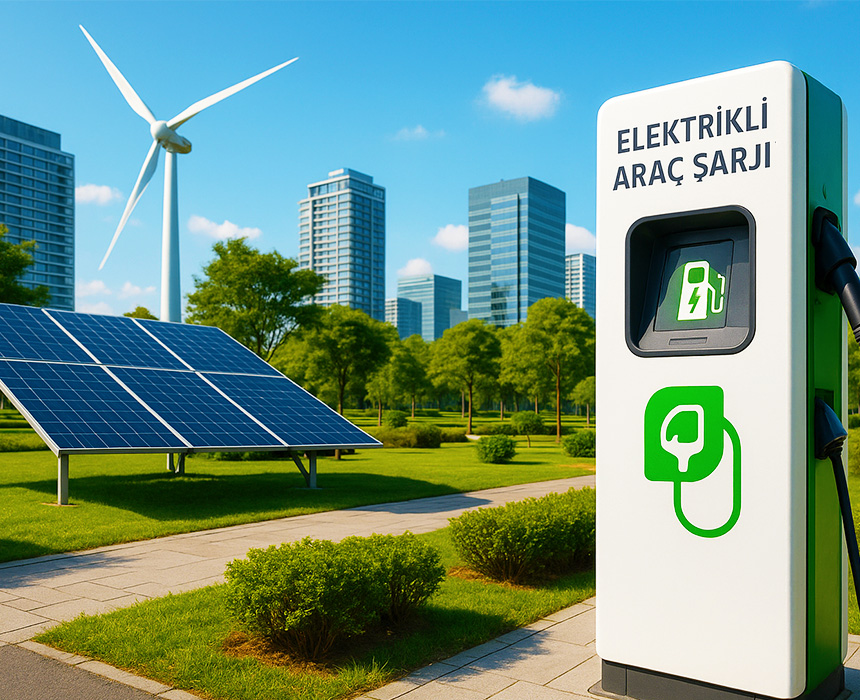Sustainability Strategies in EV Charging Infrastructure
The Foundation of Sustainable Mobility
The widespread adoption of electric vehicles (EVs) presents a unique opportunity to reduce carbon emissions and combat climate change. However, true sustainability in mobility is not only about producing EVs but also about ensuring that charging infrastructure is environmentally responsible. Energy efficiency, reduced ecological impact, and long-term resource management are the key pillars of this vision.
Integration of Renewable Energy
The cornerstone of sustainable charging infrastructure is the integration of renewable energy. Solar- and wind-powered charging stations reduce carbon footprints while lowering operational costs. Through smart grid technologies, renewable energy can be stored and deployed during peak demand hours, making charging networks both resilient and eco-friendly.
Circular Economy and Recycling
Sustainability also requires addressing waste generated in infrastructure development. Recycling EV batteries, minimizing electronic waste, and improving material efficiency reduce environmental pressures. A circular economy approach ensures that resources are reused and repurposed, aligning energy infrastructure with global sustainability goals.
Energy Efficiency and Smart Systems
Smart charging systems enhance sustainability by monitoring energy use in real time and balancing grid loads. As EV adoption accelerates in urban centers, efficient energy distribution becomes vital to preventing grid overloads and ensuring consistent service for users.
Regulations and Standards
National and international regulations guide sustainable infrastructure growth. In Turkey, TSE standards and EPDK regulations shape environmental and energy security requirements. Globally, the European Union’s green energy initiatives and the U.S. DOE’s sustainability policies provide clear roadmaps for eco-friendly expansion.
Future Outlook: Green Cities
Sustainable charging infrastructure will play a central role in building green cities. As EV penetration increases, charging stations integrated with renewable energy and smart technologies will become key contributors to achieving carbon-neutral urban environments.
Sustainability in EV charging infrastructure is both an environmental necessity and an economic opportunity. By embracing renewable energy, recycling practices, and smart management, the industry can deliver long-term benefits for society, the economy, and the planet.




